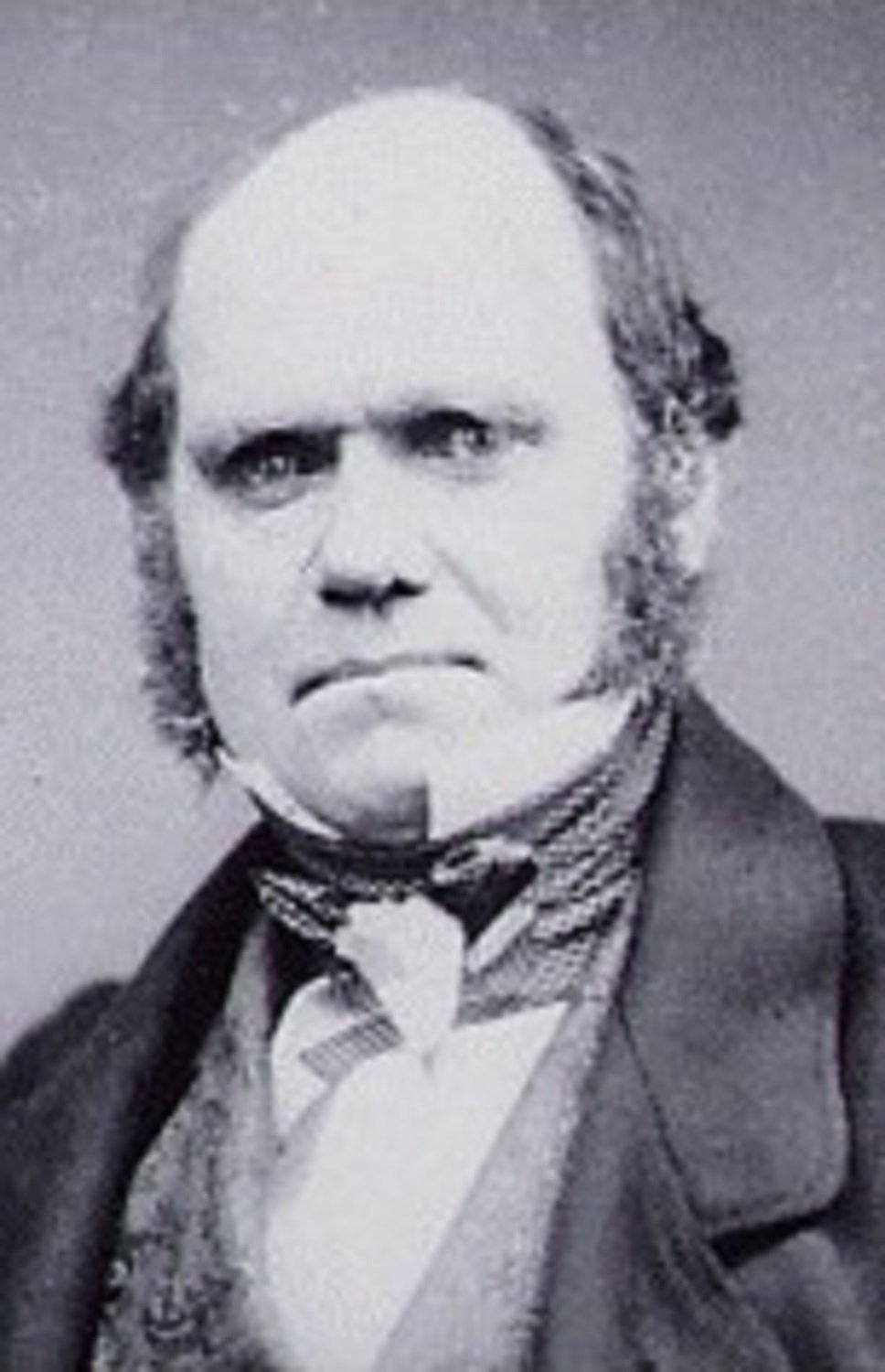Offshoring breaks Theory of Comparative Advantage
The theory argues that the country with the best advantage (i.e. opportunity cost) should produce goods/services and trade with other countries for other goods/servies they have less advantage in producing. This theory was based on production in agriculture context, with countries having varying climate conditions.
Much of today's high-tech jobs are knowledge-intensive. Thus this introduces high-barrier-to-entry for potential new incumbents (comparative advantage in terms of talent pool). However, these barriers can be overcome through technology transfers. Once knowledge has been transfered, there is really very little difference in value if a Pentium chip is manufactured in USA or in China. The differentiating factor thus becomes cost. The technology originating country loses the comparative advantage and the consideration becomes one of absolute advantage; in which the country with the lowest cost wins.
Such is the result of the offshoring trend today, where IT technologies are transfered to India, and high-tech manufacturing technologies like semi-con are transfered to China. Coupled with their government's tax incentives, country like USA permanently loses their competitive edges in these areas, and results in job lose to developing countries.







